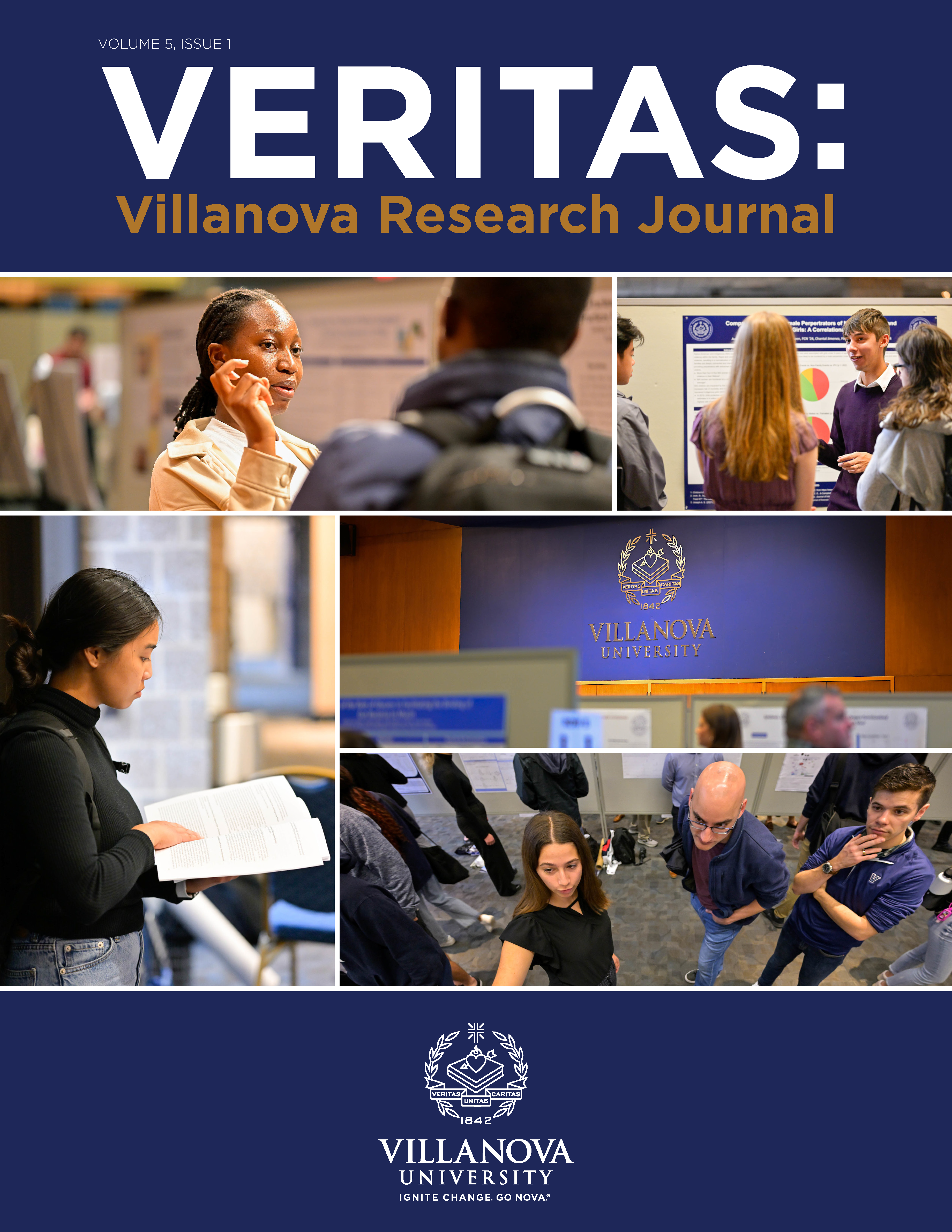Cancer Diagnoses in China Does Culture Warrant Nondisclosure to Patients?
Main Article Content
Abstract
Disclosing a cancer diagnosis to a patient is considered the right action for a physician to take in many Western
nations, such as the United States. In China, an East Asian nation, nondisclosure of a cancer diagnosis from a
patient is the convention. Instead of revealing a cancer diagnosis directly to a patient, physicians in China commonly
disclose it to the patient’s family members and give them the authority to make decisions on behalf of the patient.
Family members in China often decide to withhold disclosure from the patient. The practice of withholding a cancer
diagnosis from a patient is defended by China’s family-centered culture, which seeks to prevent causing psychological
distress to patients. I argue that China’s custom of the nondisclosure of cancer diagnoses directly to patients is
morally impermissible because it violates a patient’s human dignity and free will by excluding them from important
conversations concerning their own health. The implementation of culturally sensitive healthcare and the fulfillment
of a physician’s responsibility to be truthful to a patient can both be attained by continuing to include families into the
decision-making process while incorporating psychological support into medical training curricula and oncological
care.
Article Details
References
Hahne, Jessica, et al. “Chinese Physicians’ Perceptions of
Palliative Care Integration for Advanced Cancer Patients: A
Qualitative Analysis at a Tertiary Hospital in Changsha, China.”
BMC Medical Ethics, vol. 23, no. 1, Mar. 2022, p. 17. BioMed
Central, https://doi.org/10.1186/s12910-022-00750-7.
Zhang, Zanhua, and Xiaoyan Min. “The Ethical Dilemma of Truth-
Telling in Healthcare in China.” Journal of Bioethical Inquiry,
vol. 17, no. 3, Sept. 2020, pp. 337–44. Springer Link, https://doi.
org/10.1007/s11673-020-09979-6.
Meyers, Christopher. “Deception and the Clinical Ethicist.” The
American Journal of Bioethics, vol. 21, no. 5, May 2021, pp. 4–12.
Taylor and Francis+NEJM, https://doi.org/10.1080/15265161.20
1863513.
Dong, Fengqi, et al. “Caring for Dying Cancer Patients in
the Chinese Cultural Context: A Qualitative Study from the
Perspectives of Physicians and Nurses.” European Journal of
Oncology Nursing: The Official Journal of European Oncology
Nursing Society, vol. 21, Apr. 2016, pp. 189–96. PubMed, https://
doi.org/10.1016/j.ejon.2015.10.003.
Zhang, Hui, et al. “Patient Privacy and Autonomy: A Comparative
Analysis of Cases of Ethical Dilemmas in China and the United
States.” BMC Medical Ethics, vol. 22, no. 1, Feb. 2021, p. 8. BioMed Central, https://doi.org/10.1186/s12910-021-00579-6.
Raposo, Vera Lúcia. “Lost in ‘Culturation’: Medical Informed
Consent in China (from a Western Perspective).” Medicine,
Health Care and Philosophy 22, no. 1 (March 1, 2019): 17–30.
https://doi.org/10.1007/s11019-018-9835-0.
Tosam, Mbih Jerome. “Global Bioethics and Respect for
Cultural Diversity: How Do We Avoid Moral Relativism and Moral
Imperialism?” Medicine, Health Care and Philosophy 23, no. 4
(December 1, 2020): 611–20. https://doi.org/10.1007/s11019-
-09972-1.
Chattopadhyay, Subrata, and Raymond De Vries. “Respect for
Cultural Diversity in Bioethics Is an Ethical Imperative.” Medicine,
Health Care and Philosophy, vol. 16, no. 4, Nov. 2013, pp. 639–45.
Springer Link, https://doi.org/10.1007/s11019-012-9433-5.
Volker, Deborah L., and Michael Limerick. “What Constitutes
a Dignified Death? The Voice of Oncology Advanced
Practice Nurses.” Clinical Nurse Specialist CNS 21, no. 5
(2007): 241–47; quiz 248–49. https://doi.org/10.1097/01.
NUR.0000289749.77866.7c.
Sung, Winnie. “Xin: Being Trustworthy.” International
Philosophical Quarterly 60, no. 3 (July 31, 2020): 271–86. https://
doi.org/10.5840/ipq2020715151.
Snell, Robin Stanley, Crystal Xinru Wu, and Hong Weng Lei.
“Junzi Virtues: A Confucian Foundation for Harmony within
Organizations.” Asian Journal of Business Ethics 11, no. 1 (2022):
–226. https://doi.org/10.1007/s13520-022-00146-1
Mill, John Stuart. Utilitarianism. 1861.
Liu, Yuxiu, et al. “Disclosure of Cancer Diagnosis in China:
The Incidence, Patients’ Situation, and Different Preferences
between Patients and Their Family Members and Related
Influence Factors.” Cancer Management and Research, vol.
, July 2018, pp. 2173–81. PubMed Central, https://doi.
org/10.2147/CMAR.S166437.
Jadva, Vasanti, Tabitha Freeman, Wendy Kramer, and Susan
Golombok. “The Experiences of Adolescents and Adults
Conceived by Sperm Donation: Comparisons by Age of
Disclosure and Family Type.” Human Reproduction (Oxford,
England) 24, no. 8 (August 2009): 1909–19. https://doi.
org/10.1093/humrep/dep110.
Kant, Immanuel. Foundations of Metaphysics of Morals. 1785.

